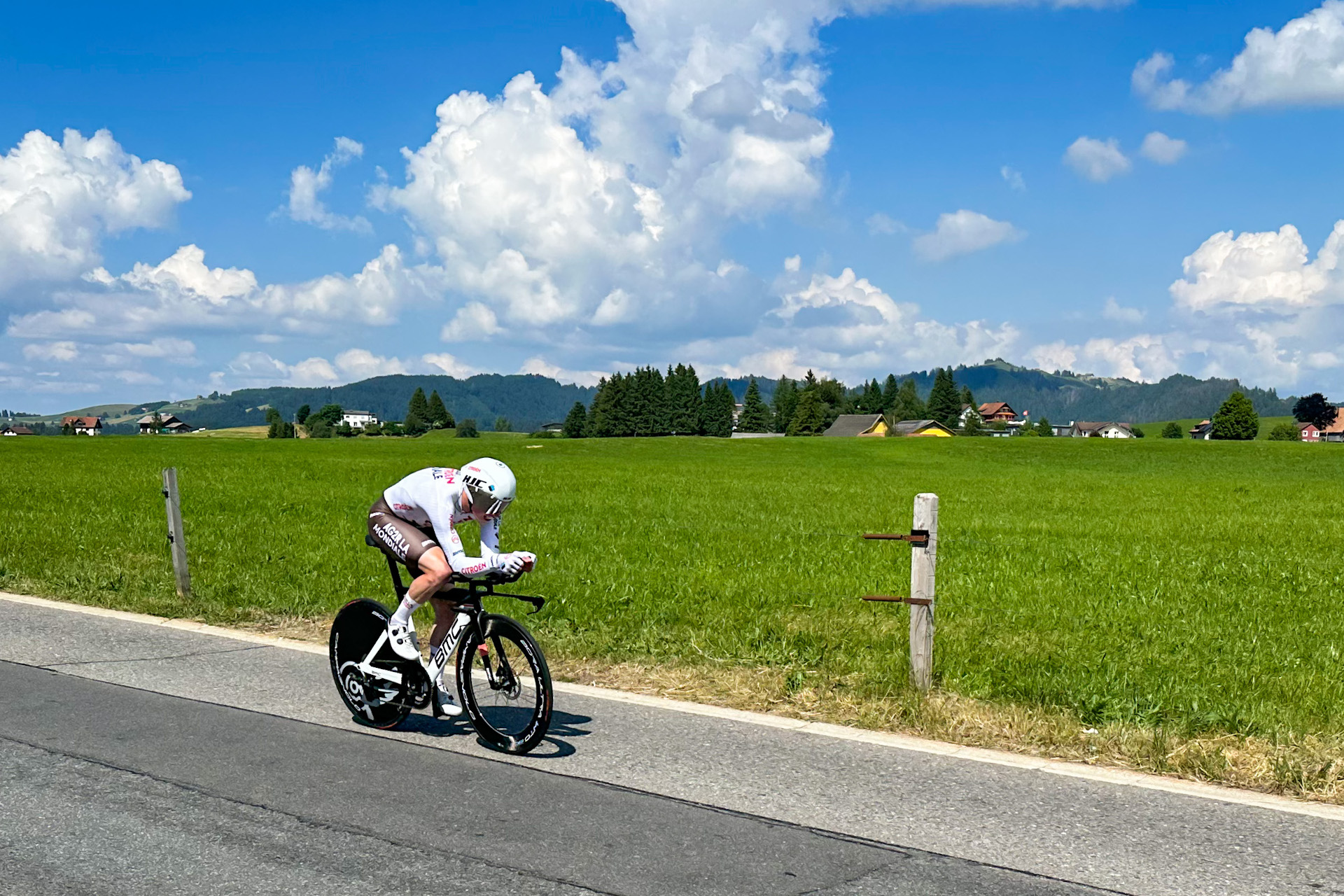Hello!
Doctoral studies are often a long and demanding endeavour. In previous posts, there have been examples of suggestions to plan and support experiments or prepare manuscripts and presentations about our results, all of which are integral parts of this journey. However, each of these steps usually involves unexpected difficulties which, at times, can seem extremely hard to overcome. Therefore, in face of these challenges, I would like to use this opportunity to reflect on a few cases where our perseverance has been tested and stimulated.
2. Supervising student projects
3. Keeping track of our research progress
Repeating our experiments
The first situation I would like to contemplate is the act of repeating experiments. In science, the concept of replicates is well established, ranging from biological to technical replicates that aim to strengthen the power of the results. For instance, most experiments include several samples that undergo the same condition to generate enough data for robust statistical analysis. However, there are also incidents where entire assays need to be redone due to unforeseen errors or critical flaws that would propagate to subsequent steps of the analysis. In this case, entire experiments may need to be redone and it can be difficult to regain the motivation and stamina to repeat the same study, especially when it involves strenuous steps that are monotonous or require meticulous attention to detail.
In my experience, it is essential to stay connected to the final goal of our study and acknowledge that, only with a reliable result we can support future projects. Fortunately, as my work is computational, redoing experiments typically only requires investing time to repeat a task, without expending consumable materials or reagents. In these situations, it also helps me to consider the initial voided trial as a learning phase where I optimised my workflow and identified which variables were most important to check. Ultimately, even if the total time invested was longer than expected, we produced an optimised protocol that developed our skills and can serve as baseline for other researchers performing similar experiments.
Supervising student projects
Next, I would like to focus on a scenario that goes beyond our own control. At ETH Zurich, Bachelor and Master students often carry out their thesis or semester projects at laboratories within institutes, advised by doctoral students or post-doctoral staff. Typically, this enables students to experience scientific research very closely, while also providing advisors with additional workforce that can support their own work. However, as these projects are often the first research experience for students, the unpredictability of science can be discouraging for some.
As an advisor actively doing my research, interacting with students, and listening to their challenges can be extremely valuable to understand the triggers to their obstacles. Some struggle to cope with the limited time frame of the projects, while others feel under skilled for a specific task. These insights help to calibrate the expectations for such projects and develop project management skills to adapt the goals on the go. Furthermore, through weekly updates, we better understand when we can motivate our students to push further through a problem or to pivot their approach to alternative solutions. Ideally, as advisors, we try to guide students towards a successful outcome, and hope to transmit strategies based on resilience and well-being that build the students’ confidence in their abilities and to critically assess their progress in response to unforeseen circumstances, while persevering in the face of adversity. Altogether, these leadership skills even transcend our specific context in academia, representing an asset in any professional setting which makes them worthwhile developing.
Keeping track of our research progress
At last, I would like to emphasise how, every day, there are new challenges to overcome in our research. Furthermore, by working in an intrinsically collaborative environment, making progress often depends on contributions from other colleagues. For this reason, maintaining an environment built on mutual support and trust ensures that, despite unexpected struggles, we know there are resources available to help us move forward. At the same time, managing priorities and ensuring that we can fulfil our duties in collaborations is vital to allow others to feel equally supported.
Overall, carrying out a complete experiment, publishing a manuscript or writing a doctoral thesis are milestones that span several months. Therefore, it is key to remain grounded and focused on our goal while we conquer smaller stages each day.
Conclusion
A doctoral study can be extremely rewarding but it is also filled with periods of doubt. Maintaining a healthy work-life balance helps us to zoom out of our immediate context and gain perspective on our journey. Ultimately, by practising resilience and persevering when confronted with unexpected difficulties, we can grow personally and professionally!
Please feel free to share your thoughts on your doctoral journey!
Have a great day!
